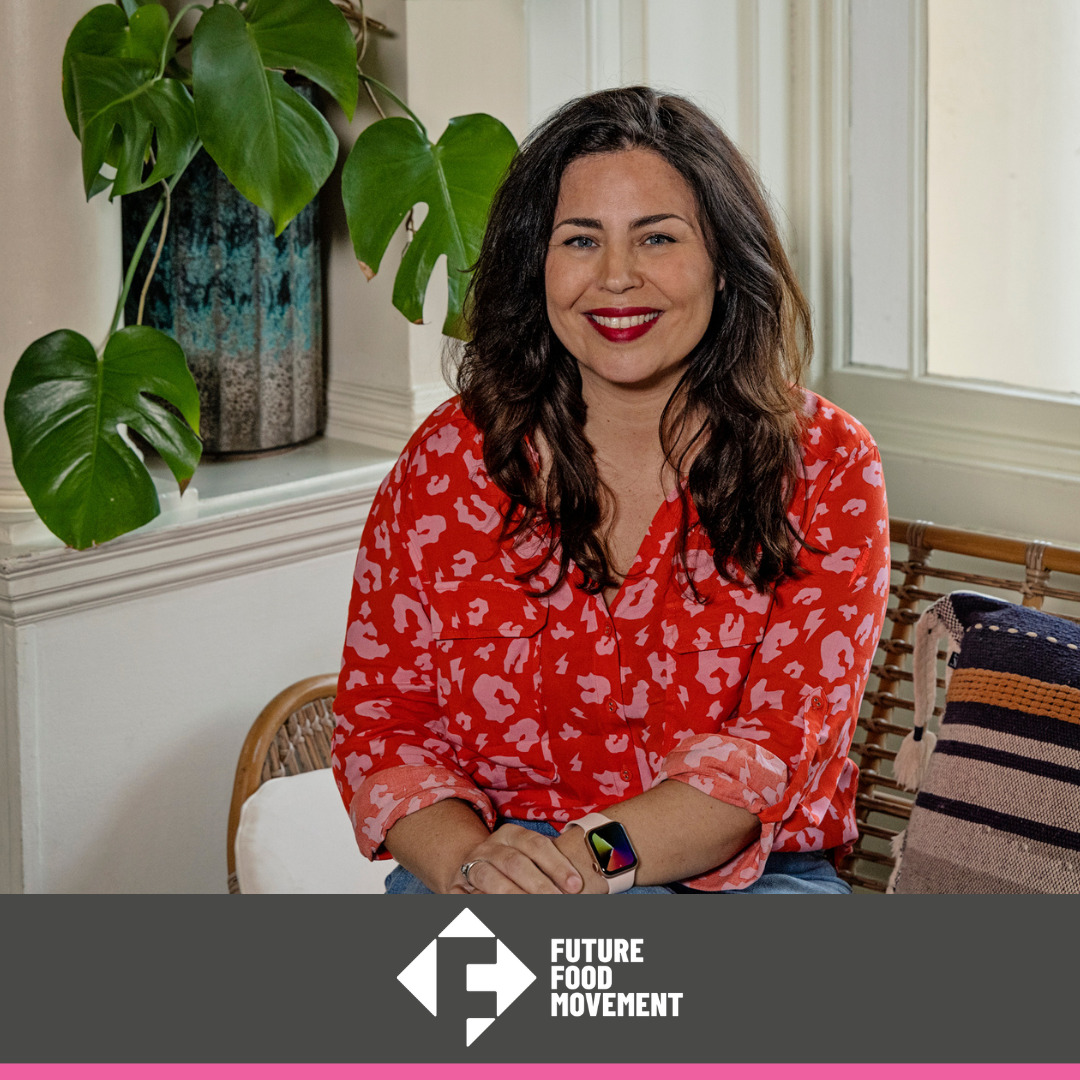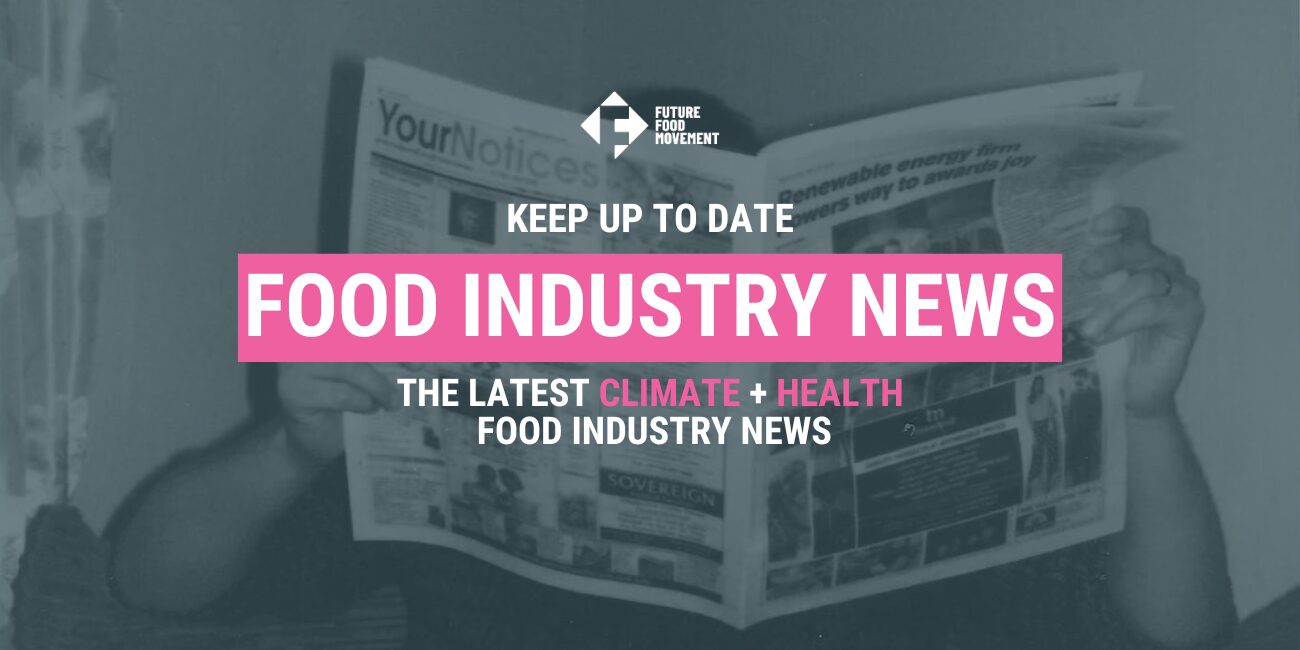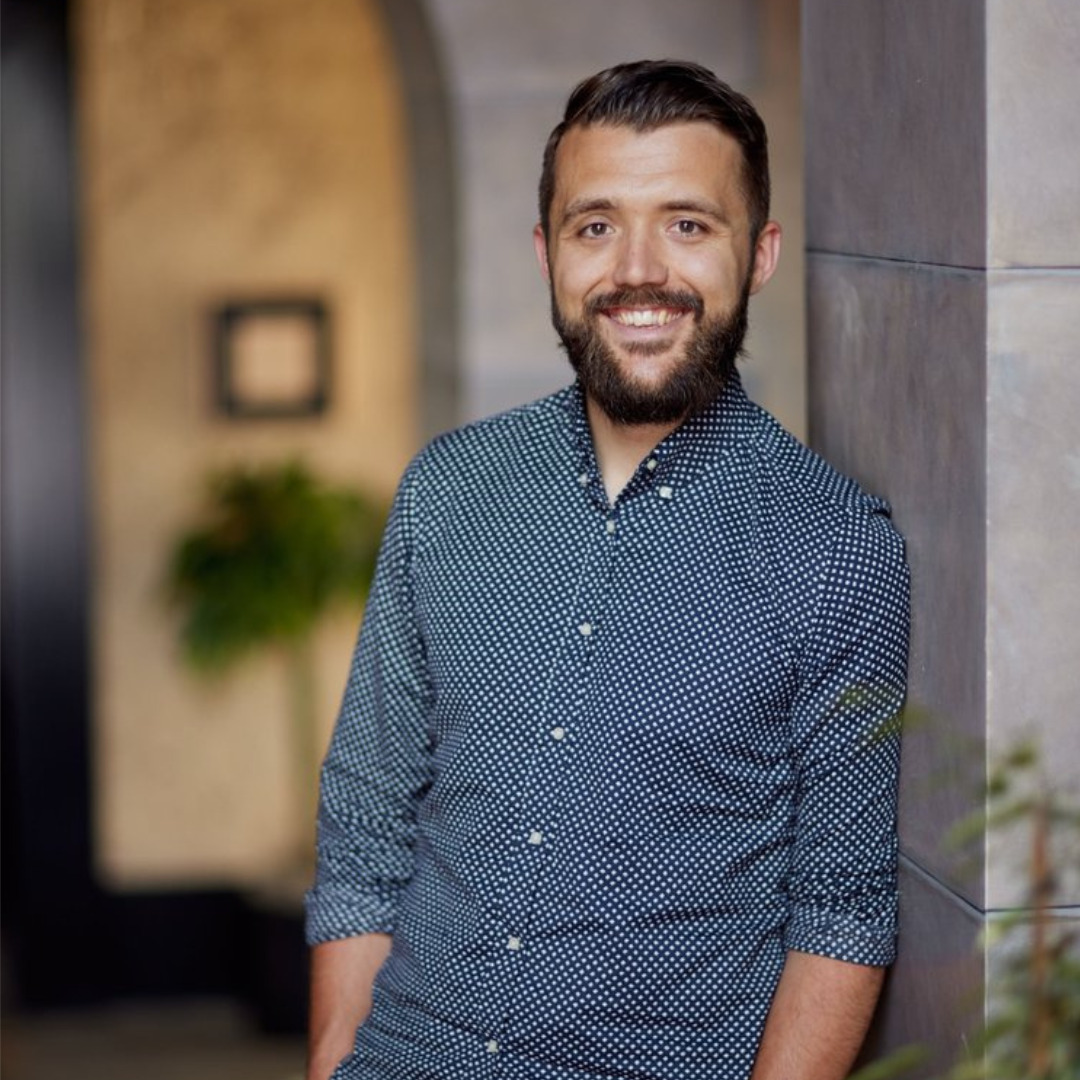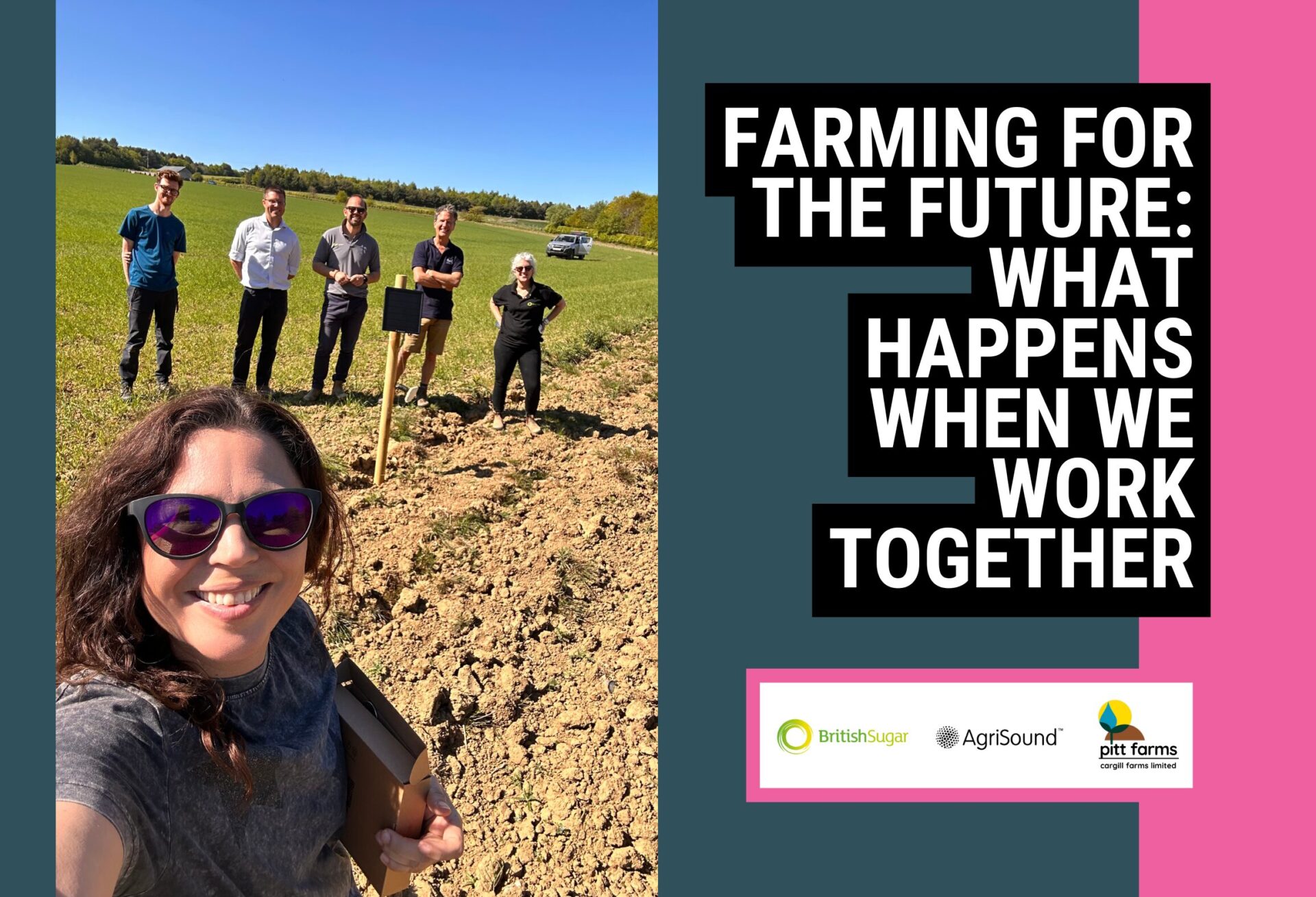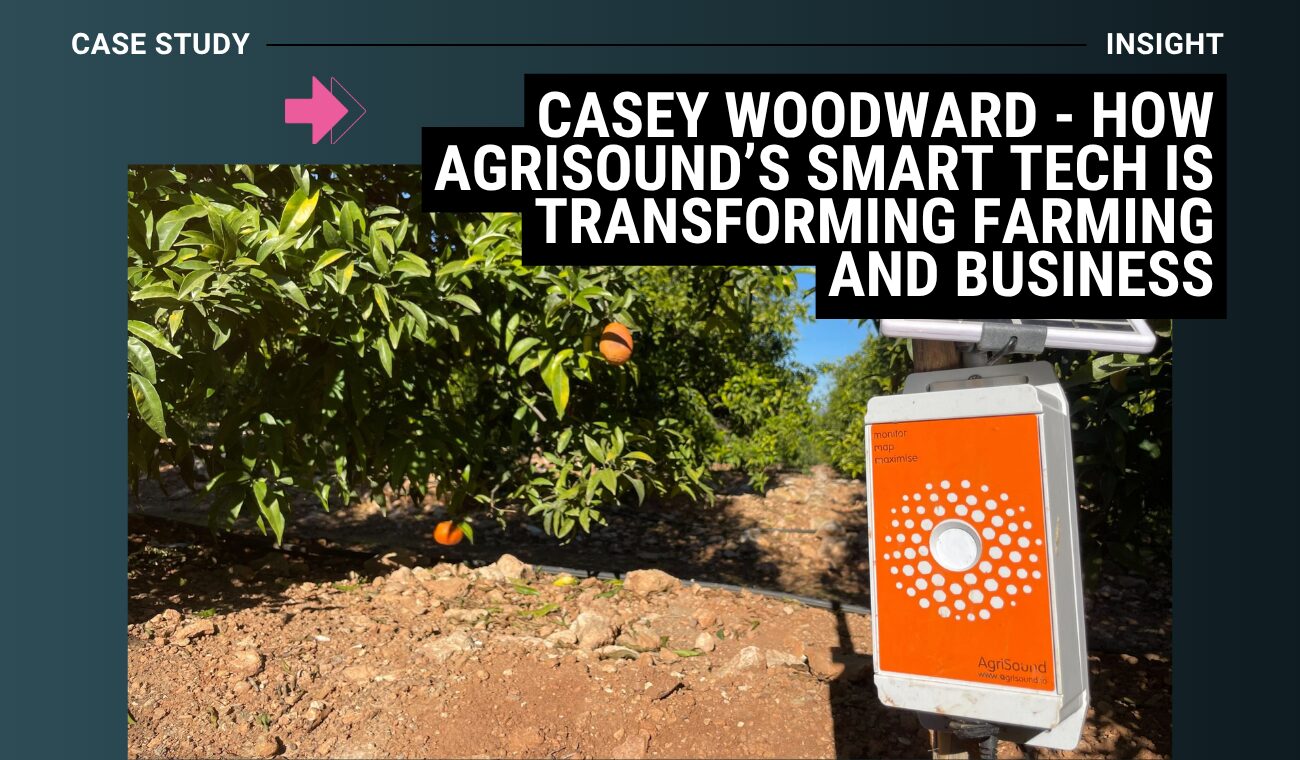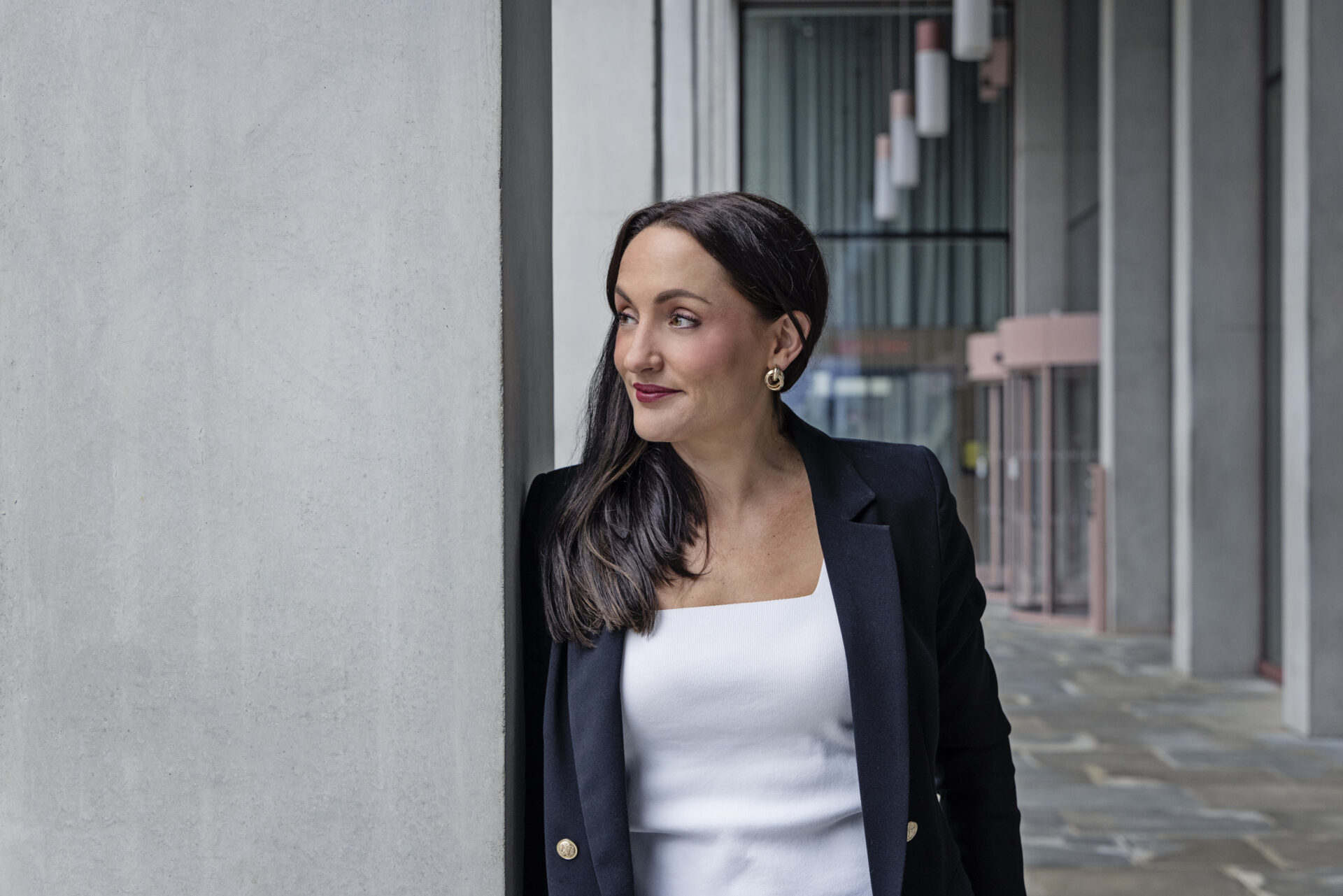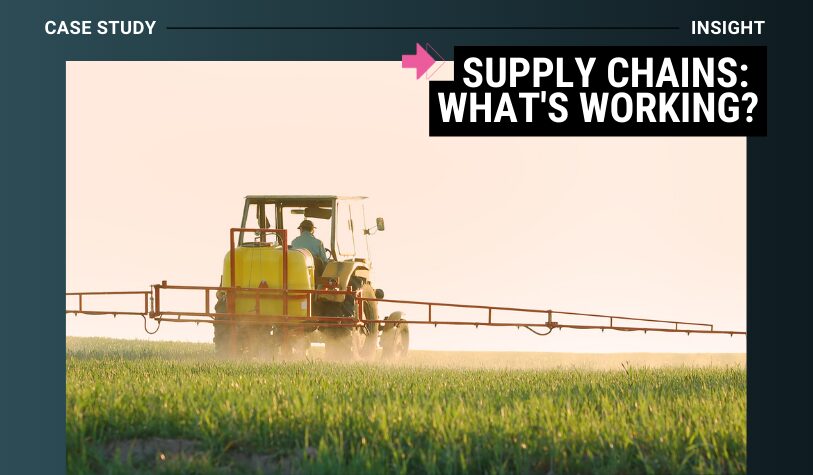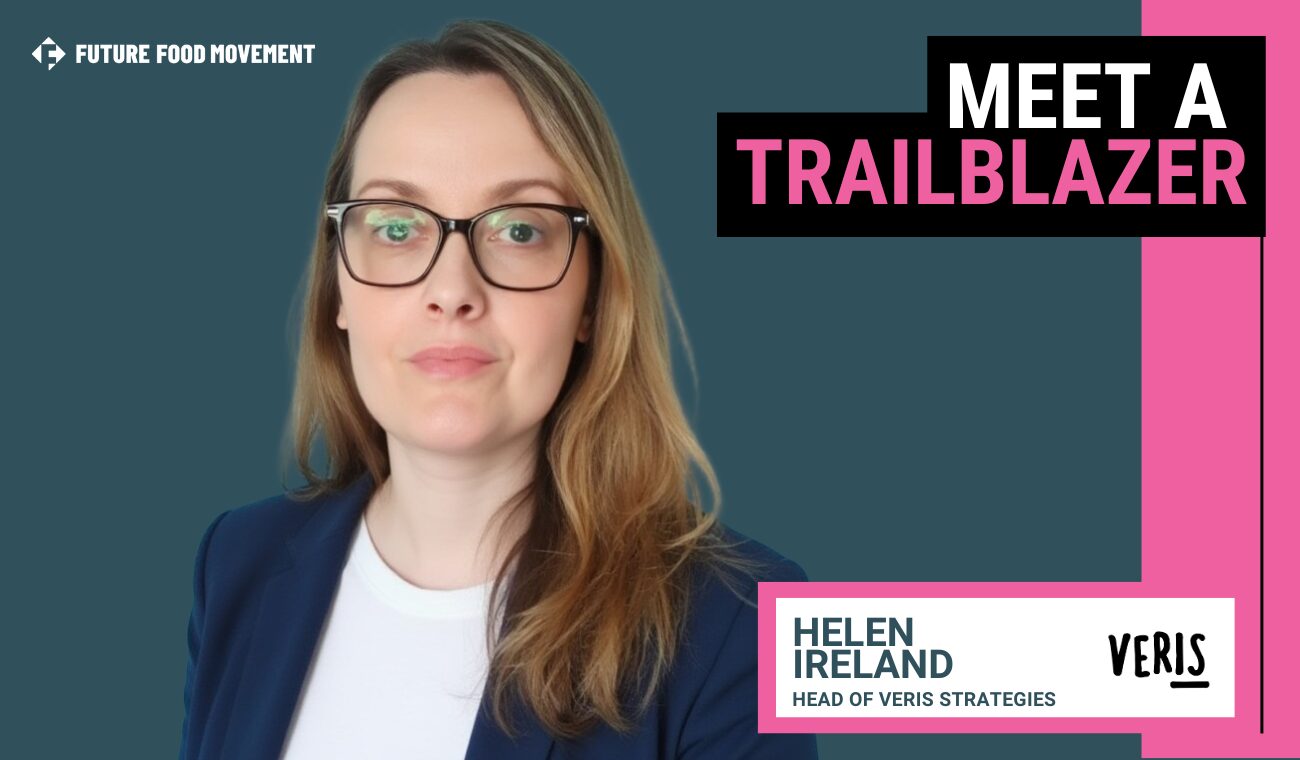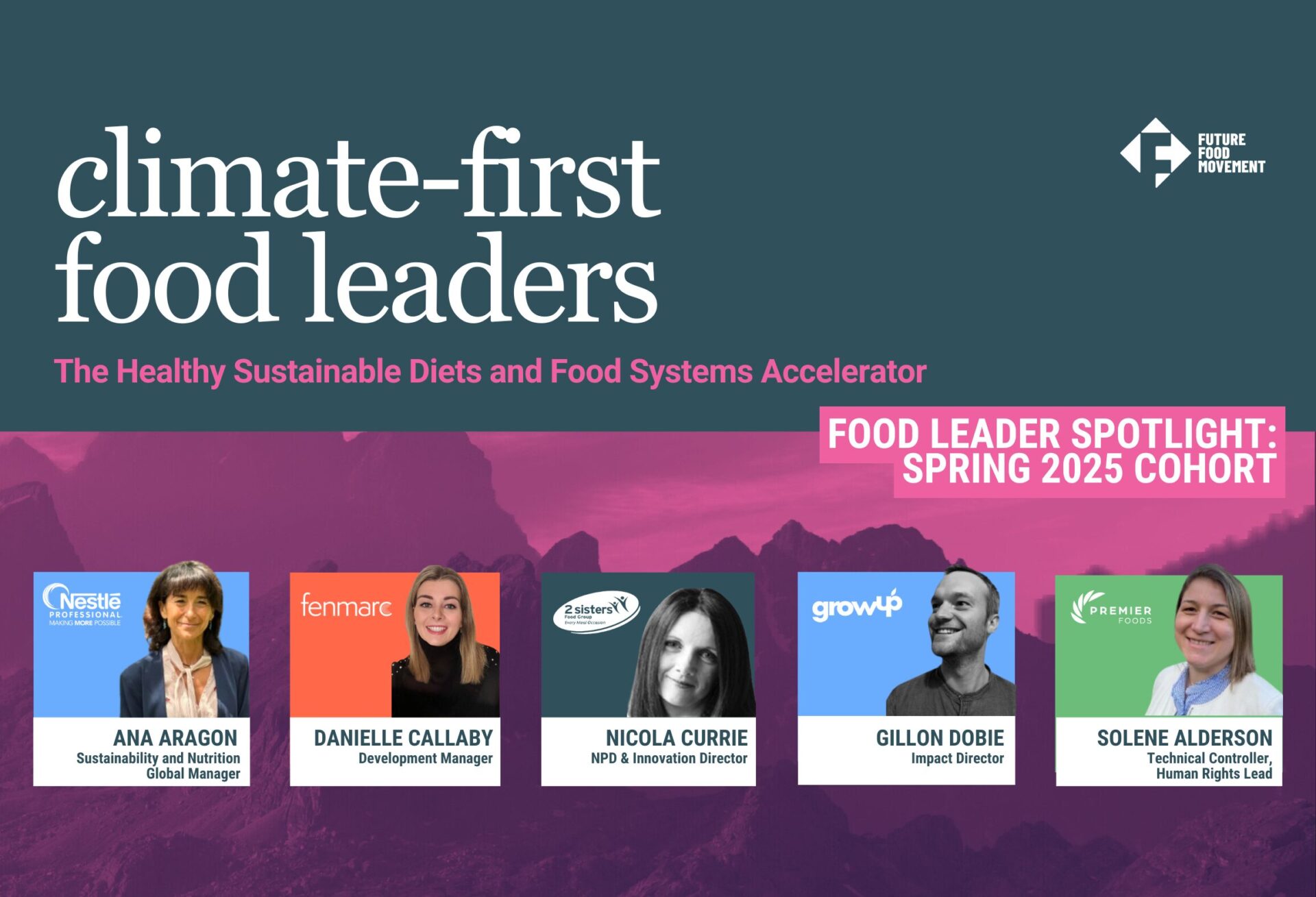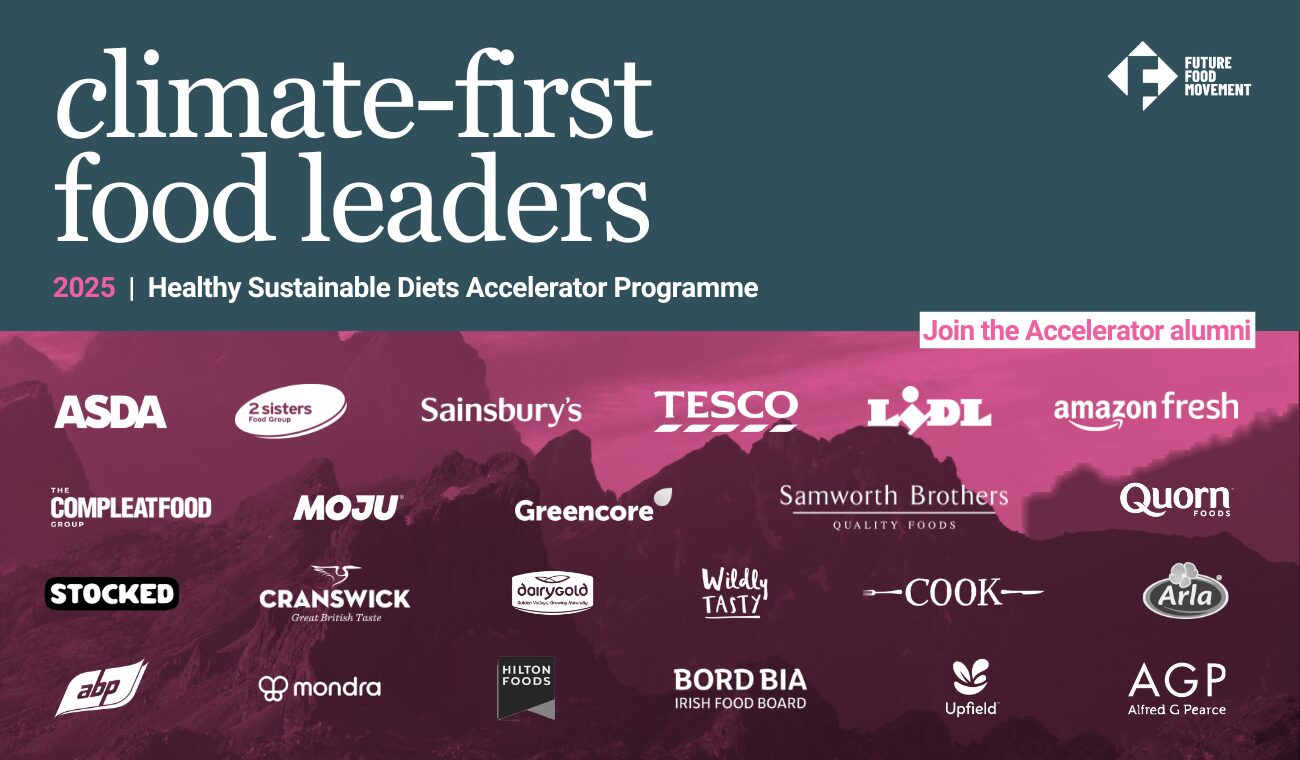Lucy Noad is a dairy farmer based in Wiltshire, UK, who has undergone a significant transformation in her farming practices over the past few years. Initially operating as an average dairy farm with high inputs and outputs, Lucy recognised the need to shift towards more sustainable and regenerative practices. This case study explores how Lucy effectively communicates the “why” behind her farming methods, building trust and engagement with consumers and the broader community.
The Shift to Regenerative Practices
Lucy’s journey began when she started supplying milk to First Milk, a cooperative that emphasises sustainability and regenerative agriculture. Initially skeptical about the regenerative approach, Lucy experienced a profound mindset shift in August of the previous year. She realised that adopting these practices could lead to not only environmental benefits but also personal fulfilment and a deeper connection to her work. This realisation prompted her to embrace regenerative farming wholeheartedly, focusing on animal health, biodiversity and soil health.
Engaging the Community
One of Lucy’s key strategies for demonstrating the “why” behind her farming practices is her commitment to transparency and community engagement. She opened her farm to the public, allowing visitors to witness the milking process and learn about sustainable dairy farming firsthand. By offering tours and educational sessions, Lucy provides a platform for consumers to understand the complexities of modern farming and the care that goes into producing their food. This direct interaction helps demystify farming practices and builds a sense of connection between consumers and the source of their food.
Storytelling and Social Media
Lucy uses storytelling and social media to share her experiences and the rationale behind her farming decisions. Through platforms like Instagram and Facebook, she shares insights into her daily routines, the challenges she faces, and the successes she achieves in implementing regenerative practices. By highlighting the positive impacts on animal welfare, soil health and the environment, Lucy communicates the values that drive her farming philosophy. This approach not only educates her audience but also builds trust and loyalty among consumers who appreciate her authenticity and commitment to sustainability.
Collaborative Efforts and Knowledge Sharing
Recognising the power of peer-to-peer learning, Lucy actively participates in farmer networks and collaborates with other producers to share knowledge and experiences. She believes that by showcasing her successes and failures, she can inspire other farmers to adopt sustainable practices. This collaborative spirit is essential for driving industry-wide change, as it encourages a culture of openness and innovation.
What can we learn from LUCy?
Lucy’s journey in demonstrating the “why” behind her farming practices is as a powerful example for the food sector. By prioritising transparency, engaging with the community, leveraging storytelling and collaborating, Lucy not only enhances consumer trust but also contributes to a more sustainable future for dairy farming. Her commitment to regenerative practices and her ability to communicate their importance effectively position her as a leader in the movement towards a more responsible and resilient food system.
